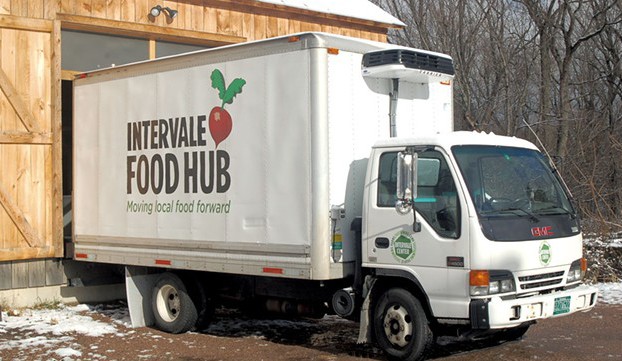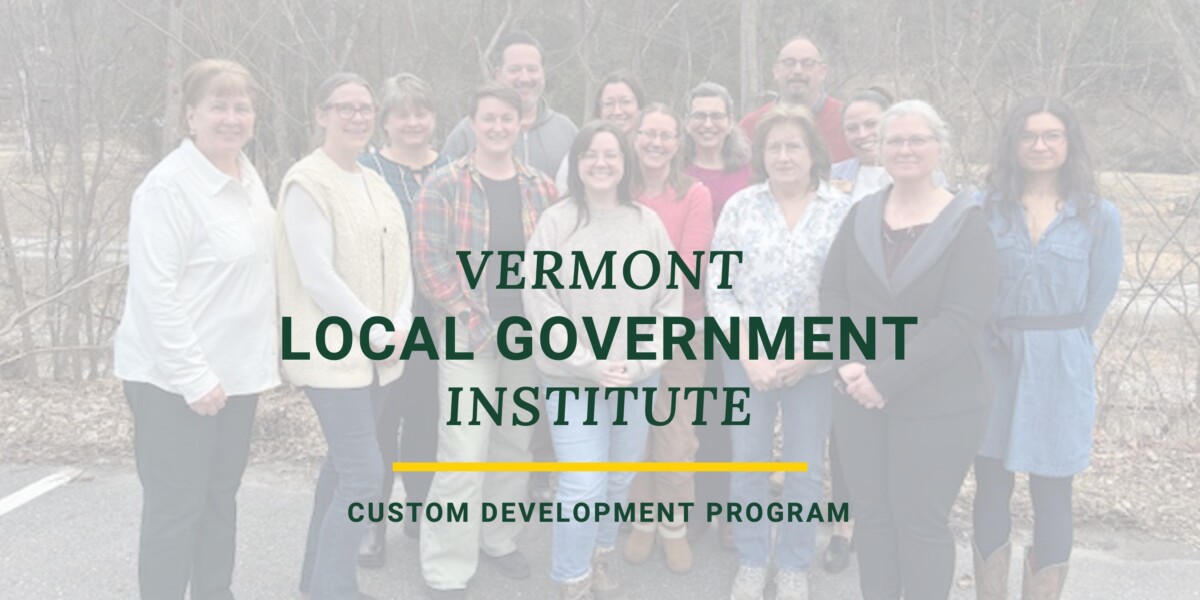Food hubs are in demand and making headlines.
Over the holidays, the Associated Press published, “Food Hubs Link Consumers with Nationally Farmed Food,” which ran in print and online across the country in outlets including The New York Times and Denver Post.
The article mentions UVM’s new Food Hub Management Certificate Program — the nation’s first Food Hub academic program – which starts this month.
UVM’s new program offers a blend of hands-on, community-based, online and on-campus learning to prepare students for effective management of local food hubs and provide essential tools to advance their career in food systems.
Why Local Food Hubs are Growing
The idea of a food hub isn’t new, but the surge of new food hubs is a response to the growing demand of healthy, local food. More than 300 food hubs around the country are also providing small farms another outlet to sell locally raised food to consumers.
The number of food hubs has doubled over the last six years, and many are in urban areas, with the Northeast leading the way.
Right here in Burlington, the Intervale Food Hub works with 30 farms, 15 specialty producers and 1,100 members who pick up their weekly bundles at various sites around the city. The venture started in 2008 with just 192 members and 24 farms.
UVM’s Food Hub Certificate Program
The UVM Food Hub program was designed by the pioneers who created the first Food Hubs and a diverse team of nationally-recognized experts, including food hub practitioners, technical assistance providers who specialize in food hub development, and several members of the National Good Food Network. All classes will be taught by food hub practitioners. For more information, visit learn.uvm.edu/foodhubexperts.




